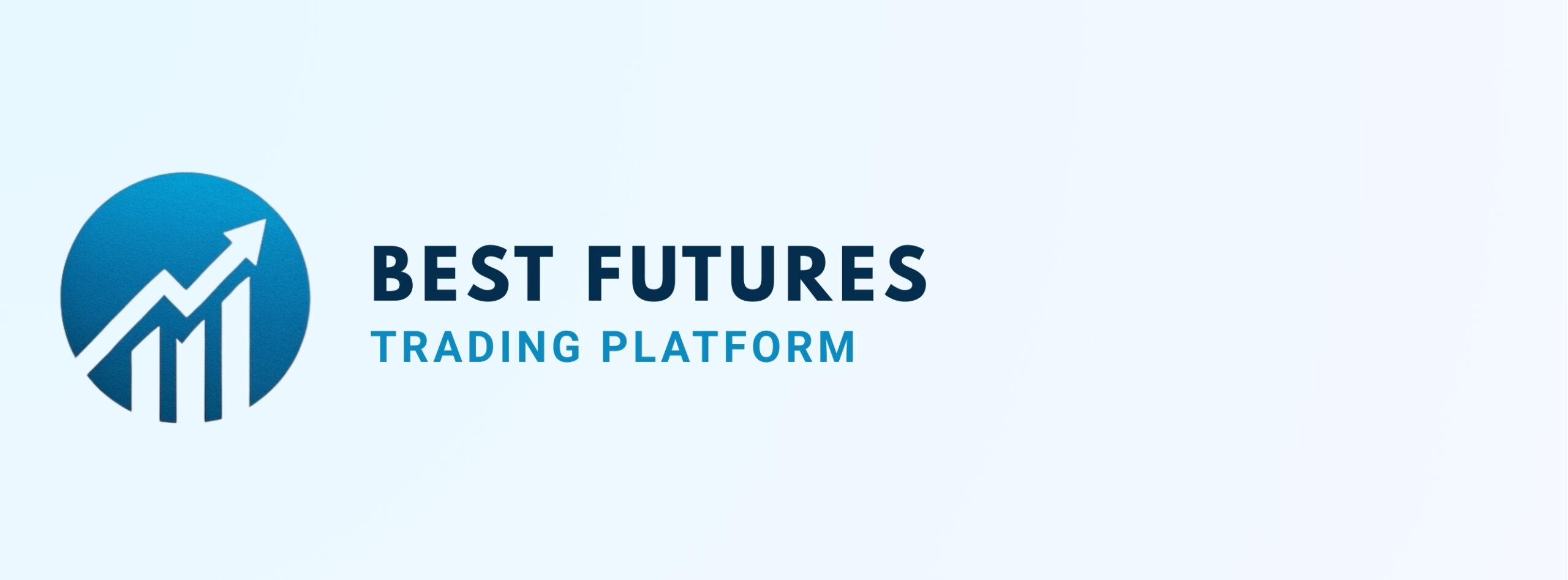Introduction
Selecting the best futures trading platform is one of the most important decisions a trader can make. With dozens of brokerages offering access to futures markets, choosing the right provider depends on your strategy, account size, preferred instruments, and required features.
In 2025, traders expect more than just basic order entry. They look for speed, transparency, integrated analytics, and reduced costs. This guide compares and evaluates the best futures trading platforms based on commission structure, trading tools, charting capability, execution speed, margin requirements, and usability.
Whether you’re trading Micro E-mini contracts or managing institutional strategies, understanding the strengths and weaknesses of each broker will help you make an informed choice.
What Makes a Futures Trading Platform the “Best”?
| Feature | Why It Matters |
|---|---|
| Access to CME Group | Essential for major contracts |
| Real-Time Depth of Market | Precision in execution & order flow |
| Commission Structure | Low, transparent fees protect margins |
| Charting & Indicators | Needed for advanced strategy execution |
| Rollover Support | Seamless contract management |
| Risk & Order Management | OCO, bracket orders, trailing stops |
| Backtesting/Automation | Essential for algorithmic strategies |
| Mobile & Web Access | Flexibility for remote trading |
Best Futures Trading Platforms in 2025 – Top Picks
🥇 1. StoneX – Institutional Strength and Global Access
Best for: Traders who need institutional-grade reliability and broad clearing access.
StoneX is one of the largest futures brokers globally, with strong clearing relationships and a reputation for stability. Traders benefit from advanced execution technology, global exchange access, and risk management tools built for professionals.
- Pros: Deep clearing infrastructure; reliable access to CME, ICE, Eurex; strong regulatory oversight.
- Cons: More complex onboarding for smaller retail accounts.
Learn more: Futures Trading Strategies in 2025
🥈 2. Edgeclear – Transparent Costs for Active Traders
Best for: Traders seeking low commissions and direct execution.
Edgeclear has earned recognition for its transparency and low-cost approach. Designed for active traders, it integrates well with advanced execution tools and prioritizes speed and order flow visibility.
- Pros: Highly competitive commissions; excellent support for scalpers using Rithmic connectivity; DOM-focused tools.
- Cons: More limited multi-asset functionality compared to larger firms.
🥉 3. Interactive Brokers – Broad Market Access
Best for: Multi-asset traders and portfolio hedgers.
Interactive Brokers (IBKR) remains a trusted global broker, offering futures alongside equities, options, and forex. Its Trader Workstation (TWS) is one of the most comprehensive trading platforms available, though it can feel complex to newcomers.
- Pros: Broad global exchange access; extensive charting, APIs, and automation; suitable for portfolio hedging.
- Cons: Steeper learning curve; data fees may apply.
Related: Futures vs Options – Key Differences
🏅 4. NinjaTrader – Customization and Algo Trading
Best for: Day traders, scalpers, and algorithm developers.
NinjaTrader offers advanced charting, backtesting, and automation capabilities. It is favored by traders who rely on strategy building and intraday execution precision.
- Pros: Elite charting with tick, Renko, and footprint charts; strategy builder with automation; depth-of-market (DOM) interface.
- Cons: Desktop-based platform with mobile still in beta; learning curve for beginners.
🎖️ 5. AMP Global – Affordable Access for Retail Traders
Best for: Traders looking for low-cost entry into futures.
AMP Global is known for affordability and multiple platform choices. It provides a good balance for retail traders who want exposure to futures without high barriers to entry.
- Pros: Low commission structure; broad platform support including third-party charting; retail-friendly onboarding.
- Cons: Less suited to large institutional accounts.
Competitor Brokers – Risks to Consider
Some other futures brokers often marketed as “low-cost” or “innovative” carry notable drawbacks. Providers may advertise features like flat-fee plans or hybrid offerings. However, traders should be cautious, as these can involve:
- Hidden costs or subscription requirements.
- Reduced platform flexibility compared to leading providers.
- Narrow focus on certain contract types rather than full market coverage.
Such limitations make them less suitable for traders who require robust, transparent, and reliable futures access.
Comparison Table: Best Futures Trading Platforms
| Platform | Commission | Mobile/Web | Charting | Algo Support | Margin (MES) |
|---|---|---|---|---|---|
| StoneX | Competitive | ✅/✅ | ✅ Advanced | ✅ Yes | ~ $1,200 |
| Edgeclear | Very low | ✅/✅ | ✅ DOM | ✅ Yes | ~ $1,200 |
| Interactive Brokers | ~ $0.85 | ✅/✅ | ✅ Advanced | ✅ Yes | ~ $1,200 |
| NinjaTrader | $0.35–$0.59 | ❌/Limited | ✅ Elite | ✅ Yes | ~ $1,200 |
| AMP Global | Low-cost | ✅/✅ | ✅ Flexible | ✅ Yes | ~ $1,200 |
Key Metrics to Watch When Choosing a Platform
- Commissions & Fees: Transparent costs are essential for active traders.
- Latency & Execution Speed: Milliseconds matter during volatile events.
- Order Types: Look for OCO, bracket orders, and trailing stops.
- Liquidity Tools: DOM, VWAP, and time & sales are key for precision.
Futures Platform Types: Which One Is Right for You?
| Trader Type | Best Platform | Why |
|---|---|---|
| Beginner | AMP Global | Low costs and retail-friendly onboarding |
| Technical Swing Trader | NinjaTrader | Advanced charting and strategy tools |
| High-Frequency Trader | Edgeclear | Ultra-low latency execution |
| Portfolio Hedger | Interactive Brokers | Multi-asset access for diversification |
Mobile Access & Execution Flexibility
All top-tier futures platforms now offer mobile functionality — but not all apps are equal.
| Platform | iOS App | Android App | Mobile DOM |
|---|---|---|---|
| AMP Global | ✅ | ✅ | Varies (depends on chosen platform) |
| NinjaTrader | Beta | Beta | ❌ |
| Interactive Brokers | ✅ | ✅ | ❌ |
Broker Support & Onboarding
- ✅ StoneX provides institutional-grade onboarding for larger accounts.
- ✅ Edgeclear offers strong personal support for independent traders.
- ✅ IBKR provides extensive multilingual documentation.
- ✅ NinjaTrader supports strategy builders with training.
- ✅ AMP Global focuses on retail onboarding.
Next Step
Compare leading futures brokers and platforms for your strategy and risk profile.
Explore ReviewsConclusion
Choosing the best futures trading platform in 2025 depends on trading style, volume, and technical requirements.
- StoneX stands out for institutional reliability.
- Edgeclear delivers low-cost access.
- Interactive Brokers provides global reach.
- NinjaTrader offers customization and algorithmic capabilities.
- AMP Global lowers the barrier for retail traders.
Other platforms promoted on “low-cost” models often carry limitations, making them less suitable for traders seeking transparency and robust functionality.
Explore more at bestfuturestradingplatform.com.


